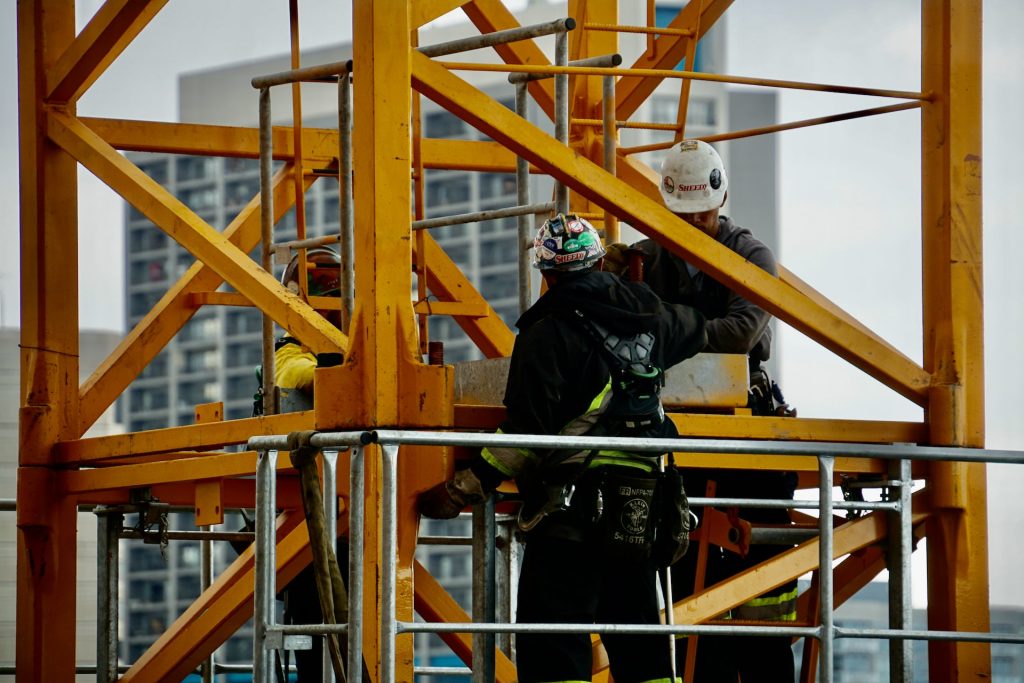Plant managers play a critical role in ensuring that the maintenance operations of their facilities run smoothly. Effective maintenance can help prevent breakdowns, improve efficiency, and extend the lifespan of the equipment. By staying on top of maintenance tasks and continuously improving processes, they can make sure that the plant operates at peak performance. However, maintenance improvement can be challenging, especially in large and complex plants.
So, let’s dive into the steps of maintenance improvement and get your facility running like a well-oiled machine!
1. Conduct a Maintenance Audit
The first step toward maintenance improvement is to conduct a comprehensive audit of the existing maintenance practices. This audit should cover the entire maintenance process, from planning and scheduling to execution and evaluation.
Its goal is to identify gaps and areas for improvement in the current maintenance practices. This may involve reviewing maintenance records, interviewing maintenance personnel, and observing maintenance activities.
2. Develop a Maintenance Strategy
Based on the findings of the maintenance audit, plant managers should develop a maintenance strategy that outlines the maintenance operations’ goals, objectives, and key performance indicators (KPIs). The maintenance strategy should also define the roles and responsibilities of the maintenance team, including the processes for planning and scheduling maintenance activities. It should also cover the methods for measuring and evaluating the effectiveness of the maintenance program.
3. Implement a Computerized Maintenance Management System (CMMS)
A computerized maintenance management system (CMMS) is a software tool that helps plant managers to manage and track maintenance activities. It can streamline the maintenance process by automating work order generation, scheduling, and reporting tasks.
It can also provide real-time visibility into the status of equipment and maintenance activities, enabling plant managers to make informed decisions about maintenance priorities and resource allocation.
4. Train Maintenance Personnel
Effective maintenance practices require skilled and knowledgeable personnel. Plant managers should invest in training programs for maintenance personnel to ensure they have the necessary skills and knowledge to perform their duties. This may involve training on specific equipment and systems and general maintenance practices such as safety, quality control, and problem-solving.
5. Establish a Preventive Maintenance Program
Preventive maintenance is a proactive approach that involves scheduled inspections, repairs, and equipment replacements before they fail. This can reduce unplanned downtime and extend the lifespan of the equipment. Plant managers should work with maintenance personnel to develop a preventive maintenance plan that outlines the frequency and scope of inspections and repairs.
6. Implement Condition Monitoring
Condition monitoring is a technique for monitoring the health of equipment and identifying potential issues before they lead to failure. Plant managers can implement various condition monitoring techniques, such as vibration analysis, thermography, and oil analysis, to identify equipment issues early and proactively schedule repairs.
7. Utilize Predictive Maintenance
Predictive maintenance is a data-driven approach to maintenance that uses analytics and machine learning algorithms to predict equipment failures. Plant managers can use this to identify patterns and trends in equipment performance data and proactively schedule maintenance activities. Predictive maintenance can reduce maintenance costs and increase equipment reliability.
8. Continuous Improvement
Maintenance improvement is not a one-time event but a continuous process. Plant managers should establish a culture of constant improvement in the maintenance operations by regularly reviewing and evaluating maintenance practices, identifying areas for improvement, and implementing changes to improve efficiency and reliability.
Conclusion
Maintenance improvement is essential for ensuring plant equipment’s reliability, efficiency, and longevity. Aside from taking the steps outlined in this article, you can also consider hiring the services of an industrial plant services and maintenance company for guaranteed significant long-term cost savings and improved productivity.
Emalgan Industrial Services offer specialized plans, including 24-hour emergency maintenance, to ensure that industrial plants operate optimally, efficiently, and safely. Get in touch with us today!







